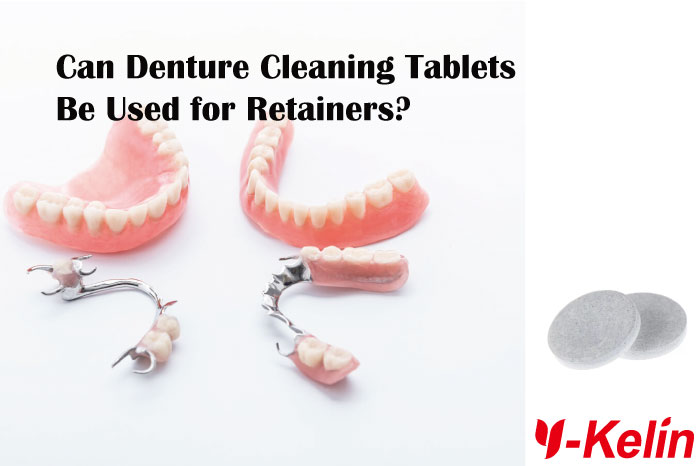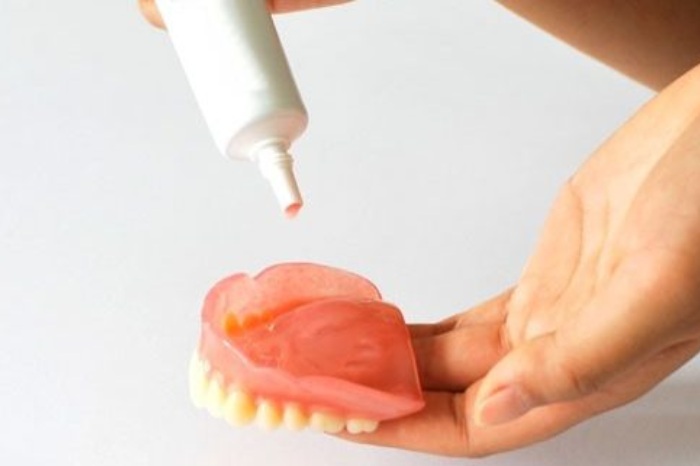
How Often Should Dentures Be Replaced?
Published On:
Are your dentures still doing their job? It’s not always easy to know when to replace them, but it’s important to keep your smile healthy and comfortable.
Dentures should be replaced every 5 to 7 years, but this can vary depending on wear and tear. It’s essential to recognize when they no longer fit or function properly to avoid further dental issues.
Understanding when to replace dentures can help maintain your oral health. In this article, we’ll explore why dentures need replacing, signs that indicate it’s time, and how to take care of them so they last longer.
Why Do Dentures Need to Be Replaced?
Do you think your dentures are lasting forever? Unfortunately, no matter how well you care for them, dentures will need to be replaced over time.
Dentures wear out due to changes in the shape of your mouth, daily use, and the materials breaking down. Regular replacement ensures comfort and proper fit, which is essential for overall dental health.
Dentures are designed to last for several years, but they undergo constant wear during daily use. Over time, the materials used to make dentures, such as acrylic or porcelain, can begin to degrade. Additionally, the structure of your mouth changes as you age. The bone and gum tissues may shrink or shift, causing dentures to fit poorly. A poor fit can lead to discomfort, sore spots, and even gum irritation. The dentures may also become loose or shift when eating or speaking, which can be embarrassing and inconvenient.
Changes in the mouth can also affect the alignment of the dentures, making them less effective at chewing or biting food. When dentures no longer fit well, they can cause problems with your speech, eating, and overall comfort. Additionally, over time, the color of dentures can change, making them look less natural.
In cases where dentures are damaged or worn down, it’s best to replace them to avoid these discomforts. Replacing dentures not only ensures a better fit but also helps maintain a more attractive smile. Proper replacement is essential for long-term oral health and quality of life.
Signs That Your Dentures Need to Be Replaced?
Do your dentures feel uncomfortable or loose? These might be the first signs that it’s time for new dentures.
If your dentures are causing discomfort, slipping, or showing signs of wear, it’s time to visit your dentist. Signs of damage, discomfort, or a poor fit mean that new dentures are necessary.
As dentures age, their fit and appearance can change, leading to various signs that they need to be replaced. Some common indicators include:
- Loose Fit: If your dentures no longer stay in place, they might need to be replaced. This could be due to the natural changes in your gums and bones.
- Discomfort: Pain, sore spots, or irritation can occur if dentures become misaligned or worn out. A proper-fitting denture should not cause discomfort.
- Difficulty Eating and Speaking: When dentures no longer allow you to eat or speak comfortably, they are no longer serving their purpose.
- Cracks or Chips: Any damage to the denture material could cause them to function improperly. Small cracks or chips can worsen over time and lead to further issues.
Regular dental checkups can help identify these problems early. Your dentist will examine your dentures and recommend when it’s time to replace them, ensuring that your oral health is not compromised.
Taking Care of Your Dentures
Want to get the most out of your dentures? Taking proper care of them can extend their life and keep them comfortable for years.
Proper care includes daily cleaning, avoiding hard foods, and scheduling regular checkups. Simple habits can help maintain your dentures and avoid unnecessary wear.
Caring for your dentures is crucial to ensuring their longevity and maintaining your oral health. Here are some tips to help you take care of your dentures:
- Clean Them Regularly: Just like natural teeth, dentures need to be cleaned daily. Use a soft brush and non-abrasive cleaner to avoid damaging them. Don’t use regular toothpaste as it can be too harsh.
- Soak Dentures Overnight: Dentures should be soaked in a denture cleanser overnight. This helps maintain their shape and keeps them hydrated.
- Avoid Hot Water: Hot water can cause dentures to warp. Always use lukewarm water to rinse or soak them.
- Handle Them Gently: Dentures can break easily if dropped. Always handle them carefully, and store them in a safe place when not in use.
- Visit Your Dentist Regularly: Even if your dentures seem fine, regular checkups are essential. Your dentist can check the fit and condition of your dentures and address any issues before they become bigger problems.
By following these steps, you can help prevent damage to your dentures and ensure they last as long as possible before needing to be replaced.
Taking care of your dentures is important. Get more tips on how to use denture cleaner tablets.
How Often Do Dentures Need to Be Replaced?
How often should you replace your dentures? The timing can depend on several factors, including how well you care for them and changes in your mouth.
Generally, dentures should be replaced every 5 to 7 years. However, if they are causing discomfort or no longer fit well, it may be time for a replacement sooner.
While the typical lifespan of dentures is about 5 to 7 years, the exact timing can vary depending on individual circumstances. The primary factors influencing how often dentures need to be replaced include:
- Wear and Tear: Regular use will cause dentures to wear down over time. If you’ve had your dentures for several years, it’s worth considering whether they are still in good condition.
- Changes in Your Mouth: As your gums and bone structure change, your dentures may become loose or uncomfortable. For example, weight loss, gum disease, or aging can affect how dentures fit, and in such cases, they may need to be replaced sooner.
- Material Degradation: Over time, the materials used in dentures can begin to degrade, affecting their color, strength, and fit. If you notice any discoloration or changes in the denture material, it’s time for an upgrade.
- Improper Fit: If your dentures start to feel uncomfortable, cause sore spots, or impact your ability to speak or eat, these are signs that they may need to be replaced sooner rather than later.
Ultimately, how often dentures need to be replaced will depend on your specific needs and the condition of your dentures. Regular checkups with your dentist will ensure that your dentures continue to serve you well, but if you experience any discomfort or changes in fit, it’s best to consider a replacement.
Get in Touch with Y-Kelin
Have questions or need more information? Contact us today, and our dedicated team will assist you promptly.


Y-Kelin is a trusted manufacturer of high-quality denture care products, including denture cleaning tablets, adhesive creams, and retainer cleaning solutions, offering customized services for global partners.



